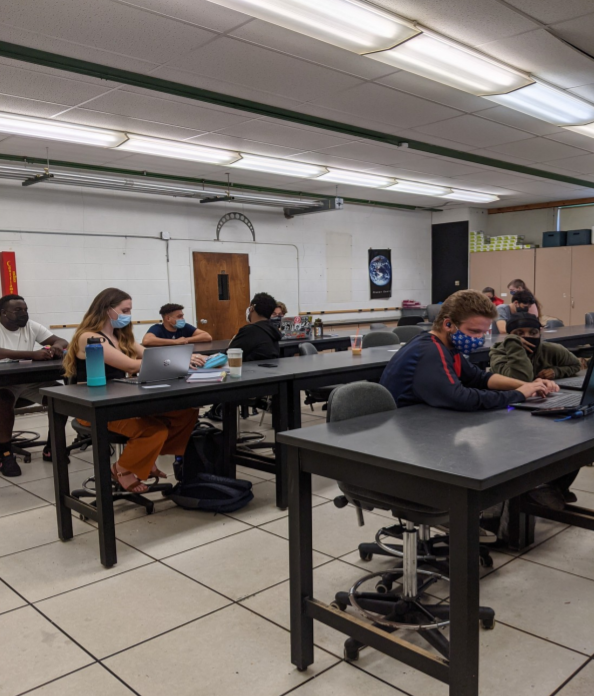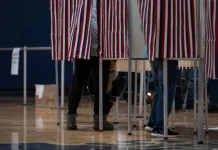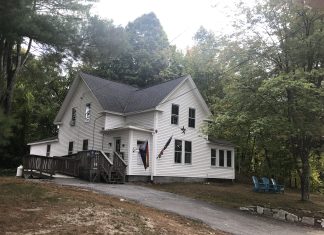By: Bradley Akerly
At New England College (NEC), a new class taught by Professor Elizabeth Harper for the Fall 2021 semester aims to teach students about climate change by getting them involved with local town groups.
Professor Harper’s class community action on climate change, states that “students will learn the science of climate change” but that students will also “become familiar with the state, federal, and international policies,” as written in the Fall 2021 course schedule.
“The class is focused on what can we do about it, it’s focused on the action and instead of having assignments about climate change or just talking about climate change we’re focused on going out into the community, developing partnerships with people who are addressing these issues and actually taking
action and doing things,” said Professor Harper.
As stated in the course schedule and reiterated by Professor Harper, the class will meet with individuals who are part of the Kearsarge Climate Action Committee. The Kearsarge Climate Action Committee’s mission statement is “to increase community awareness of the climate crisis and to provide opportunities for citizens of all ages to make lifestyles choices consistent with good stewardship of our Earth.”
Nevada Elkins graduated NEC in 2020 and is pursuing a master’s in environmental science and policy. She is excited about the new class.
“I believe more climate change classes would have been beneficial for me to take at NEC,” said Elkins.
A report published from the Climate Systems Research Center at the University of Massachusetts at Amherst shows that with continued high emissions, a New Hampshire summer could feel like that of a
summer in North Carolina by the end of the century. The report also states that the change in summer climate would lead to negative consequences on NH ecosystems, human health and even the NH economy.
From 1958 to 2012, New England has seen a 71% increase of precipitation during “very heavy” events, according to the National Climate Assessment (NCA).
The NCA defines “very heavy” events as being in the top 1% of all daily events. These are the types of issues that the community action on climate change plans to address.
Aside from just learning about the issues, the course works to connect the students with community members as they attempt to address the climate change impacts through citizen science projects.




















